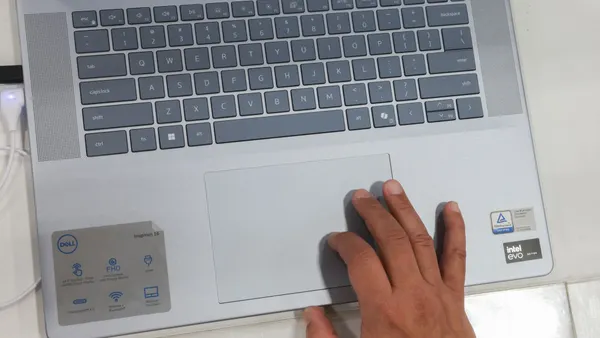Dive Brief:
- Amazon and Williams-Sonoma have settled a lawsuit that the home goods retailer filed against Amazon in 2018.
- The judge in the case dismissed the suit following the settlement, the details of which were not disclosed.
- In its original complaint against Amazon, Williams-Sonoma alleged that Amazon counterfeited its trade name and trademarks on its website, and infringed on them by selling its own competing "knockoffs" under Amazon's Rivet brand. Amazon denied the allegations.
Dive Insight:
The essence of Williams-Sonoma's allegations against Amazon were that the latter's presentation on its website made it confusing for customers to know who was selling the brand's products on its site.
In its complaint, Williams-Sonoma said that "at the top of product pages for purported Williams-Sonoma products for sale on the platform and 'Fulfilled by Amazon,' the phrase 'by Williams-Sonoma' appears in blue font with a hyperlink, immediately above the product image and price."
Williams-Sonoma further alleged that Amazon's private label home goods brand Rivet "copied WSI's products and intellectual property, and used without authorization WSI's common law trademarks intentionally in order to capture and trade upon the goodwill and reputation of WSI and its genuinely affiliated brands."
In trying to get the case dismissed, Amazon said that Williams-Sonoma misused the term "counterfeiting" and the brand's complaint "reveals not a single allegation that Amazon or any of the third parties who sell products via the Amazon website have used the Williams-Sonoma mark in connection with any counterfeit product." Rather, Amazon argued, Williams-Sonoma was trying to prevent sales of its products on Amazon's website.
Beyond the fight with Williams-Sonoma, Amazon's relationship with brands has at times been fraught. The company has faced numerous lawsuits over counterfeit and faulty products that are sold on its site by third-party sellers.
Birkenstock USA CEO David Kahan asserted in interviews in 2017 that Amazon would only work with them to clean up brand counterfeits if it offered its catalog directly through the site. The iconic footwear brand worked to keeps its products off Amazon's website.
Nike, after teaming up with Amazon to sell products (in a move seen as an effort to control counterfeits), left Amazon last year.
Meanwhile, smaller brands on Amazon's Marketplace have accused Amazon of bullying tactics. One brand CEO told a House of Representatives committee investigating Amazon and other tech giants: "They [i.e., small brands] evidently have no choice but to endure tactics that would be rejected out of hand in any ordinary relationship whereby the two parties enter into the relationship by preference rather than necessity."
The report issued by the House committee accused Amazon of abusing its market power in e-commerce and as the largest online marketplace. Amazon has disputed those allegations, saying that it controls a relatively small share of all retail and has interests that are aligned with sellers and brands that use its website.














